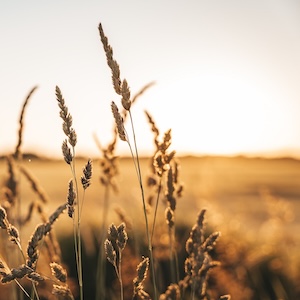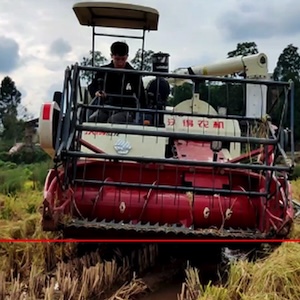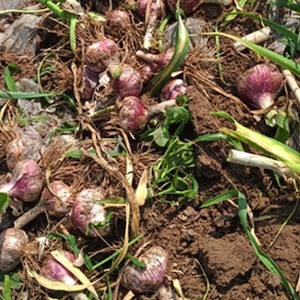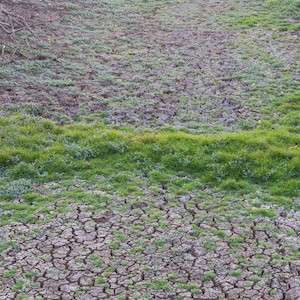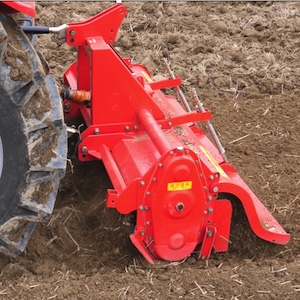Automated system for the detection of risk in agricultural sugarcane harvesting using digital image processing and deep learning
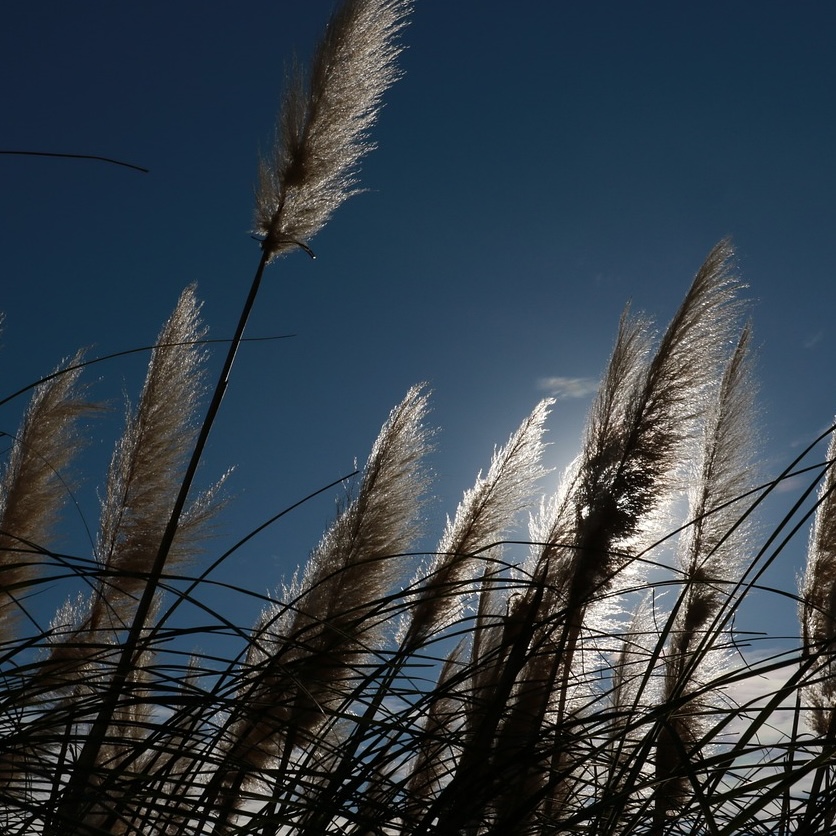
Published: 8 May 2024
Abstract Views: 416
PDF: 252
HTML: 1
HTML: 1
Publisher's note
All claims expressed in this article are solely those of the authors and do not necessarily represent those of their affiliated organizations, or those of the publisher, the editors and the reviewers. Any product that may be evaluated in this article or claim that may be made by its manufacturer is not guaranteed or endorsed by the publisher.
All claims expressed in this article are solely those of the authors and do not necessarily represent those of their affiliated organizations, or those of the publisher, the editors and the reviewers. Any product that may be evaluated in this article or claim that may be made by its manufacturer is not guaranteed or endorsed by the publisher.
Similar Articles
- Hossein Khaledian, Homayoun Faghih, Ata Amini, Classifications of runoff and sediment data to improve the rating curve method , Journal of Agricultural Engineering: Vol. 48 No. 3 (2017)
- Javier Gómez, Alberto Tascón, Francisco Ayuga, Systematic layout planning of wineries: the case of Rioja region (Spain) , Journal of Agricultural Engineering: Vol. 49 No. 1 (2018)
- Stefano Benni, Enrica Santolini, Alberto Barbaresi, Daniele Torreggiani, Patrizia Tassinari, Calibration and comparison of different CFD approaches for airflow analysis in a glass greenhouse , Journal of Agricultural Engineering: Vol. 48 No. 1 (2017)
- Weronika Ptak, Jarosław Czarnecki, Marek Brennensthul, Use of 3D scanning technique to determine tire deformation in static conditions , Journal of Agricultural Engineering: Vol. 53 No. 1 (2022)
- Silvana Fuina, Giuseppe C. Marano, Giuseppe Puglisi, Domenico De Tommasi, Giacomo Scarascia-Mugnozza, Thermo-mechanical response of rigid plastic laminates for greenhouse covering , Journal of Agricultural Engineering: Vol. 47 No. 3 (2016)
- Valentina Giovenzana, Stefano Baroffio, Roberto Beghi, Andrea Casson, Alessia Pampuri, Alessio Tugnolo, Diego De Filippi, Riccardo Guidetti, Technological innovation in the winery addressing oenology 4.0: testing of an automated system for the alcoholic fermentation management , Journal of Agricultural Engineering: Vol. 52 No. 4 (2021)
- Hyun Seok Song, Kyung Seok Sim, Tae Won Park, Optimal tread design for agricultural lug tires determined through failure analysis , Journal of Agricultural Engineering: Vol. 49 No. 1 (2018)
- Bayu Taruna Widjaja Putra, Wahyu Nurkholis Hadi Syahputra, Parawita Dewanti, Effect of different photoperiod regimes in combination with natural and artificial light on nutrient uptake in bok choy (Brassica rapa L.) using an internet of things-based hydroponics system , Journal of Agricultural Engineering: Vol. 55 No. 3 (2024)
- Andrea Casson, Valentina Giovenzana, Alessio Tugnolo, Alessia Pampuri, Ilaria Fiorindo, Roberto Beghi, Riccardo Guidetti, Assessment of an expanded-polypropylene isothermal box to improve logistic sustainability of catering services , Journal of Agricultural Engineering: Vol. 52 No. 2 (2021)
- Simone Pascuzzi, Giovanni Russo, Giacomo Scarascia-Mugnozza, Giuseppe Verdiani, Sanitary risk analysis for farm workers exposed to environmental pollutants , Journal of Agricultural Engineering: Vol. 43 No. 4 (2012)
<< < 3 4 5 6 7 8 9 10 11 12 > >>
You may also start an advanced similarity search for this article.

 https://doi.org/10.4081/jae.2024.1581
https://doi.org/10.4081/jae.2024.1581





